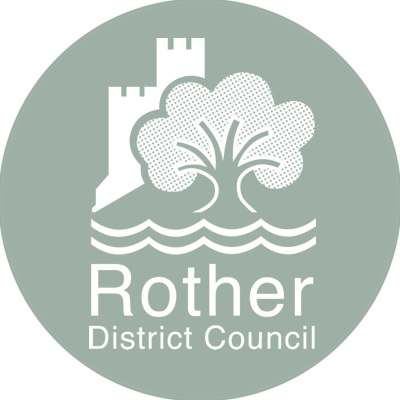Agenda item
Revenue Budget and Capital Programme Monitoring - Quarter 2 2020/21
Minutes:
Members received and considered the report of the Finance Manager on the Revenue Budget and Capital Programme Monitoring Quarter 2 2020/21 that had been considered by Cabinet on 14 December 2020. The report updated Members on the Council’s finances as at the end of September 2020 and projected a provisional outturn for 2020/21. A comparison of Quarter 1 to Quarter 2 figures had been disseminated to Committee Members before the meeting and was available on the website.
Since the Quarter 1 Monitoring Report, there had been one reportable virement regarding the transfer of a Business Support officer from Housing and Community to Resources.
At the end of Quarter 2, the Council was predicted to incur a deficit of £2.788m of which £1.871m was unplanned. This represented an improvement of £97,000 since Quarter 1. The cost of services showed a deficit of £3.595m and non-service budgets increased the forecast overspend to £4.692m. This was reduced by £2.821m mainly due to additional grant income from the Ministry of Housing, Communities and Local Government (MHCLG).
The Council’s response to the COVID-19 pandemic had inevitably put the budget under enormous pressure despite some costs being partially offset by non-ringfenced grants from the MHCLG. The net impact of the virus was forecast to be £1.767m at the end of Quarter 1. Quarter 2 forecast showed a net reduction of £658,000 to £1,109m.
Since the last report, the forecast for non-COVID related costs had increased by £561,000. Overall, the £3.595m deficit on the cost of services was attributed to various overspends/deficits including staff restructuring, vacancies, reduced planning fees and land charge income, consultancy advice, grants, purchase of new car parking equipment and signage, supporting leisure services, housing benefit overpayments and additional accountancy services.
It was noted that a provision for property rental income shortfall of £200,000 had been included in the forecast due to the impact of the pandemic; to date no rents had been written off.
Cabinet had previously agreed to provide financial support to Freedom Leisure until 31 March 2021; the estimated cost to a maximum of £415,000 was included in the forecast. The Department for Digital, Culture, Media and Sport would be making £100m available for local authority leisure services via an application process and Rother would be applying.
Interest income from investments was expected to be £98,000 below budget (an improvement of £50,000 on the previous forecast). Further lockdowns may mean that returns would fall again and result in a further reduction of income.
The Council had received a total of £2,372,000 to date from the Government to fund the cost of the pandemic impact. An additional £22,000 had recently been received to help fund the administration costs of the Council Tax hardship and Business Rates reliefs. It was not known at this stage whether further Government funding support would be forthcoming as the national pandemic situation continued.
The net impact on Reserves was forecast to be a reduction of £4.627m against the planned figure of £2.276m.
The Council Tax part of the Collection Fund (CF) was currently 2.28% lower than the same point last year and Business Rates was 4.59% lower. These represented a marked decrease from the Quarter 1 forecast. Based on the current collection rates, it was expected that the CF would be in deficit by the end of the financial year. Members were advised that the Government was allowing councils to spread deficits over a 3-year period with effect from 2021/22, so there would be no impact on the Council’s financial position in 2020/21.
A summary of spend by capital project for 2020/21 and financing sources was shown at Appendices A and B to the report, with the additions of the office development at North East Bexhill and the purchase of 35 Beeching Road. Spending remained low at £2m and a comprehensive review would be carried out for Quarter 3, which was likely to result in a reprogramming of the capital spend into future years.
The Quarter 2 forecast out turn for 2020/21 was an unplanned deficit of £1.871m and included the impact of the COVID-19 pandemic.
Members welcomed the decrease in the Public Works Loan Board interest rates which would help the capital programme. Members requested further analysis on the spending on homelessness, which was likely to be due to high numbers in temporary accommodation following the ‘no-one-out’ initiative during the first lockdown and self-contained accommodation being used rather than shared. Further information was to be circulated to Members after the meeting.
RESOLVED: That the report be noted.
Supporting documents:
-
Revenue Budget and Capital Programme Monitoring – Quarter 2 2020/21, item OSC20/41
 PDF 266 KB
PDF 266 KB -
Quarter 1 v Quarter 2 Variance Summary, item OSC20/41
 PDF 92 KB
PDF 92 KB
